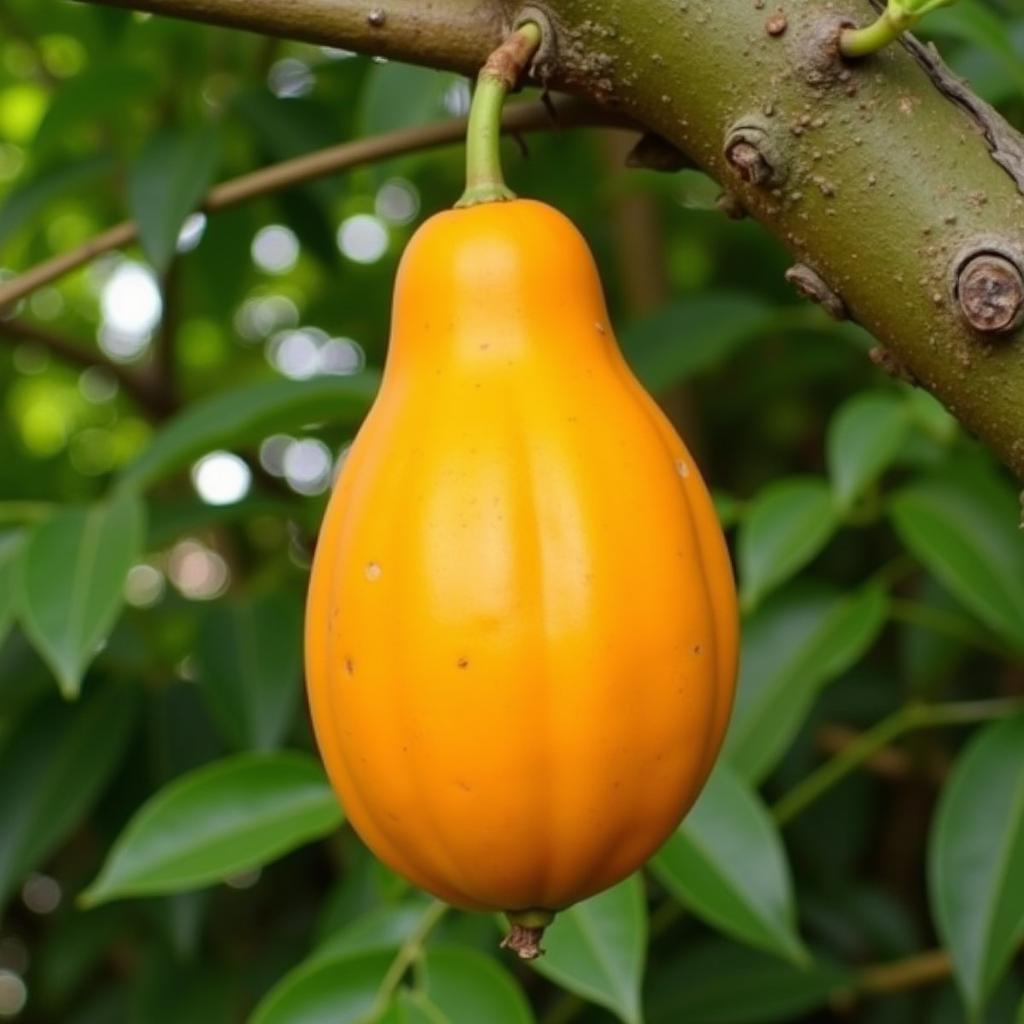The African American Legacy in Sierra Leone: A Rich History of Freedom and Resilience
Sierra Leone, a nation nestled on the west coast of Africa, boasts a vibrant and multifaceted history, one that is intricately interwoven with the experiences of African Americans. This article delves into the remarkable journey of African Americans who found solace and a new beginning in Sierra Leone, shedding light on their enduring legacy within the nation’s cultural fabric.
The story of African Americans in Sierra Leone begins with the transatlantic slave trade, a dark chapter in human history. As the horrors of enslavement unfolded, a glimmer of hope emerged in the form of the “Black Loyalists,” African Americans who fought alongside the British during the American Revolutionary War. In recognition of their service, the British government offered these loyalists a chance at freedom and a new life in Sierra Leone.
A Haven for Freedom: The First Settlers
In 1787, a group of approximately 1,200 Black Loyalists arrived in Freetown, Sierra Leone, establishing a new settlement. This marked the beginning of a unique chapter in Sierra Leone’s history, as African Americans sought refuge and reconnected with their African roots. These pioneers faced numerous challenges, including disease, conflict with local tribes, and a struggle to establish themselves in a new environment.
The settlers’ resilience and determination, however, prevailed. They built homes, cultivated the land, and established institutions like schools and churches. This early community of African Americans played a pivotal role in shaping the cultural landscape of Sierra Leone. Their contributions extended beyond mere survival, as they actively engaged in politics, commerce, and social reform.
The Second Wave: The “Nova Scotians”
The arrival of a second wave of African Americans, known as the “Nova Scotians,” in 1800, further strengthened the presence of African Americans in Sierra Leone. These individuals had been freed by the British following the end of the American Revolution and had lived in Nova Scotia, Canada. They, too, sought a better life and a stronger connection to their African heritage, finding sanctuary in Sierra Leone.
Enduring Legacy: The Impact of African Americans on Sierra Leone
The legacy of African Americans in Sierra Leone is evident in various aspects of the nation’s culture. Their influence is particularly noticeable in:
- Language: Sierra Leonean English, characterized by a unique blend of African and British influences, is a direct reflection of the interaction between these communities.
- Religion: The introduction of Christianity, primarily practiced by the African American settlers, has become an integral part of Sierra Leone’s religious landscape.
- Music and Dance: The vibrant musical traditions of Sierra Leone, including the renowned “Krio” music, are a testament to the blending of African and African American musical influences.
- Education: The establishment of schools by the early African American settlers laid the foundation for a strong educational system in Sierra Leone, fostering literacy and intellectual development.
“The African Americans who came to Sierra Leone brought with them a spirit of resilience and a deep desire to create a better future. They were a vital part of our nation’s history, and their legacy continues to inspire us today,” says Dr. Abeni Johnson, a prominent Sierra Leonean historian.
A Story of Resilience and Shared Identity
The story of African Americans in Sierra Leone is a testament to human resilience, cultural fusion, and the enduring strength of shared identity. It highlights the deep ties that bind African Americans to the continent of Africa, demonstrating how experiences of oppression and displacement can ultimately lead to a celebration of heritage and the forging of new communities.
Frequently Asked Questions
Q1: What role did the British government play in the settlement of African Americans in Sierra Leone?
A1: The British government, motivated by a desire to provide a haven for Black Loyalists who had served in the American Revolutionary War, facilitated the establishment of Freetown, Sierra Leone, as a settlement for these freedmen.
Q2: What were some of the challenges faced by the first African American settlers in Sierra Leone?
A2: The early settlers faced significant challenges, including disease, conflict with local tribes, and the arduous task of establishing themselves in a new and often hostile environment. They also encountered societal prejudices and discrimination.
Q3: How did African Americans contribute to the cultural development of Sierra Leone?
A3: African Americans played a crucial role in shaping the cultural landscape of Sierra Leone, introducing new religious practices, enriching the musical traditions, and laying the foundation for a robust educational system. Their influence is evident in various aspects of Sierra Leonean culture today.
Q4: How has the legacy of African Americans in Sierra Leone endured over time?
A4: The legacy of African Americans in Sierra Leone continues to resonate in the nation’s cultural identity, language, music, and religious practices. Their story is a powerful reminder of the interconnectedness of African peoples and the enduring strength of shared heritage.
